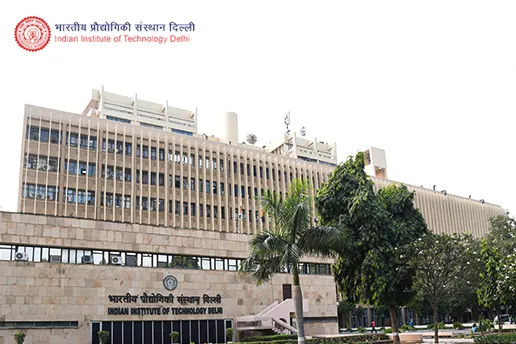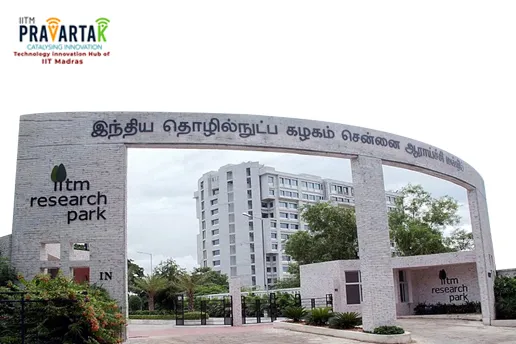FinTech has emerged as a new buzzword in the context of the Fourth Industrial Revolution. New technologies impact every aspect of the financial services industry throughout the world.
If you are interested in gaining a better grasp of the latest technologies that have altered the banking and financial sector, the PG Certificate Programme in Financial Technologies (FinTech) by IIM Nagpur will be the best place to learn.
Is FinTech rising in India?
As India has one of the world’s rapidly growing economies, it has unquestionably emerged as one of the FinTech hotspots in the last few years. Various ideas such as paperless loans, mobile banking, secure payment gateways, and mobile wallets are already being implemented across India.
In the last two years, there has been an increase in digital payment systems in India. The country’s financial technology industry would need 20-25 billion USD investments over several years. This Fintech Certification will help you understand these details and kickstart your FinTech career.
India’s Financial Technology (FinTech) Future
Some factors, including an innovation-driven startup scheme, make the country an excellent location for a FinTech revolution. India’s underbanked population is susceptible to a continuously shifting regulatory environment. Increased public awareness of financial technology has given a much-needed impetus to Fintech Courses in India.
The popularity of Mobile Banking and Cashless Transactions
Mobile banking constitutes a significant share of the fintech industry’s overall revenue. The emergence of digital-first banks, sometimes known as “Neobanks,” has led to an explosion in the mobile banking industry.
Despite the economic hardship caused by the pandemic, the need for cashless transactions is expected to grow. More than 70.3 billion USD real-time payment transactions were performed worldwide in 2020. This represents an increase of 41% over the previous year and presents new possibilities for wallet service providers.
The information acquired from this Fintech Online Courses is used to design new services based on the needs identified.
The terms cryptocurrency and blockchain are being used interchangeably
Mining and cryptocurrency markets are made possible because of the advancements in financial technology (fintech). The advent of cryptocurrencies is progressing in tandem with the development of fintech. This FinTech Certificate Course will help you learn more about the world of fintech and how to be successful in it.
India’s Budget has announced plans to launch the Central Bank Digital Currency, issued in digital rupees utilizing blockchain technology. As a result of this digitization drive in the fintech industry, there will be a rise in demand for digital payments and other financial services.
The financial technology sector and the wealth management business
India has the highest acceptance of FinTech products and services among emerging economies.
A significant feature of this period has been the spectacular rise of startups that have challenged traditional business structures and offered ground-breaking innovations, in addition to the increased usage of mobile and digital platforms. The ability to predict where markets will go is the pinnacle of financial achievement. This allows consumers, corporations, banks, and other organizations to be more aware of investment and purchase risks.
Insurance
Fintech companies collaborate with conventional insurers to help streamline processes and expand coverage. Many innovations are challenging the sector, from mobile vehicle insurance to wearables for health insurance.
As more customers join the digital board, FinTech will have to work more to build trust and interact with them. The more they use technology to their advantage, the more powerful their brand will grow.
Conclusion
As the demand for financial transactions, payments, and banking continues to expand, the importance of the user experience and the capacity to adapt rapidly to regulatory changes will become more apparent. It’s just a matter of time until you see how and at what scale FinTech will continue to thrive in the coming years.
Pursue the PG Certificate Programme in Financial Technologies (FinTech) from IIM Nagpur to boost your FinTech Career.
FAQs
- What is a FinTech course?
FinTech Stands for “financial technology.” In a FinTech program, you will learn everything about the technologies used in Finance like Cryptocurrency, payment systems, etc.
- Which FinTech course is the best?
The Financial Technologies (FinTech) course from IIM Nagpur is considered the best in India.
- How much do FinTech jobs pay?
The average FinTech income is INR 9,50,000 per year or 487 INR per hour. Entry-level roles start at INR 4,50,000 per year, while the most experienced professionals may earn up to INR 25,00,000 per year in the industry.
- Is FinTech an undergraduate course?
No, the Fintech course at IIM Nagpur is not an undergraduate course. It is a postgraduate course. The IIM Nagpur alumni status will be awarded to you after having completed the certification programme.






